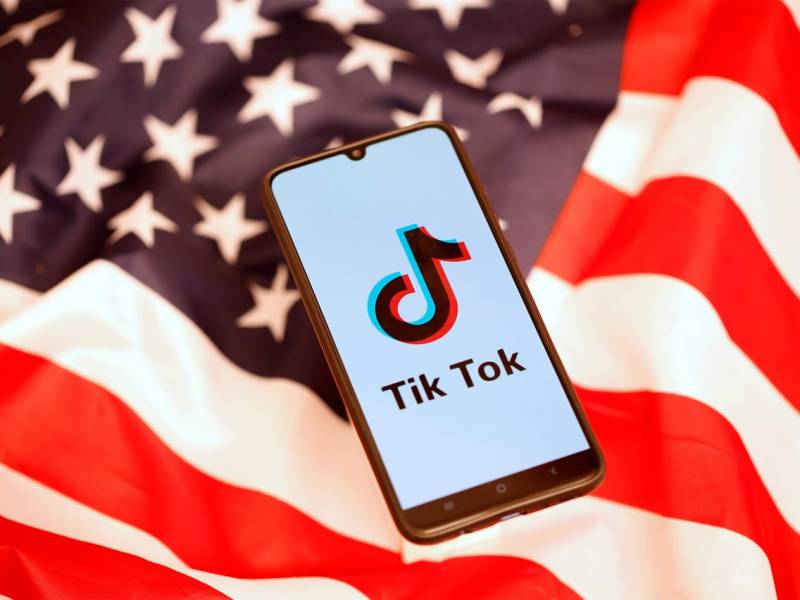US lawmakers told of security risks from China-owned TikTok

Stay tuned with 24 News HD Android App

US officials on Wednesday stepped up warnings about the potential security risks from the fast-growing, Chinese-owned TikTok as a lawmaker unveiled legislation to ban the social media app from government devices.
At a Senate hearing, officials from the FBI, the Justice Department and Homeland Security said the video-sharing app could become another tool exploited by Chinese intelligence services.
Senator Josh Hawley, who convened the hearing, said he was introducing a bill to ban TikTok from all US government devices, calling it "a major security risk for the American people."
TikTok, which is especially popular with teens, is believed to have been the most downloaded app worldwide last year, but US officials have expressed concern over its connections with the government in Beijing.
"TikTok is one example of an application where the average citizen doesn't understand the implications of what's behind it," Clyde Wallace, an official in the FBI's cyber division, told the hearing. "It's basically controlled by a state-sponsored actor."
While the various data points collected by TikTok may not seem sensitive, Wallace said the information may be aggregated and "used for many purposes."
In his written testimony, Wallace said Chinese-owned social media applications may collect personal data including biometrics, contact lists, location data and bank and credit card details.
"Any and all data can be transferred to other locations and associated entities to include the Chinese parent company," he said.
Bryan Ware, a cybersecurity official at the Department of Homeland Security, echoed those fears, saying that TikTok data could become part of a large database exploited by China.
"China has amazing programs in collection of data and developing artificial intelligence and analytics against that data for purposes that we don't fully know... and that should give us great concern," Ware said.
"There's certainly no place for applications like TikTok on government devices and government networks."
Adam Hickey, an assistant attorney general in the Justice Department's security division, said the aggregation of data from TikTok "makes it easier for intelligence services to either recruit or hack into systems used by government employees."
Samm Sacks, a cybersecurity fellow at the New America Foundation specializing in China, said Chinese regulations may enable the government to "essentially require anything that they want of these companies" even if some privately push back at the requests.
TikTok has said its operations were not influenced by the Beijing authorities.
